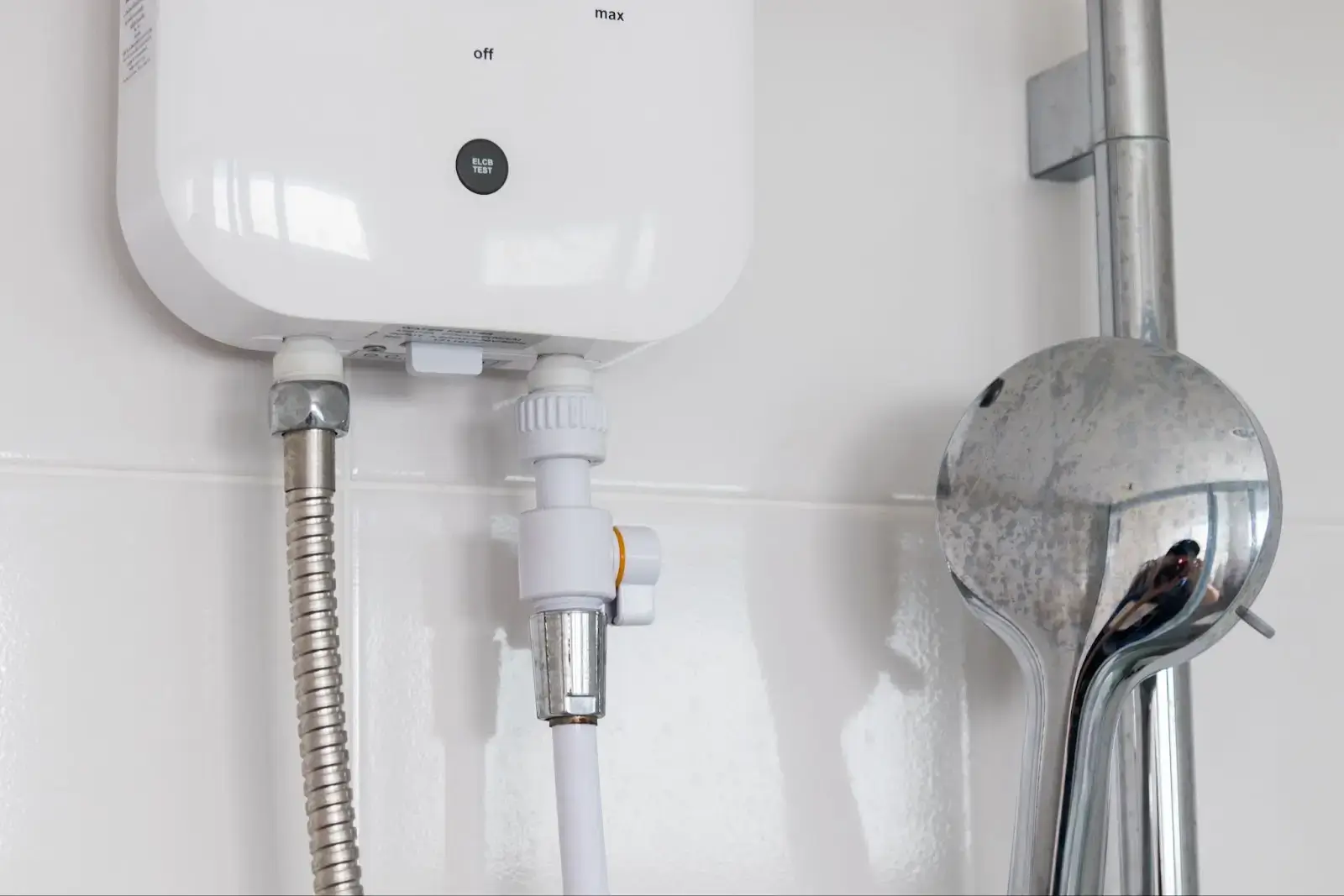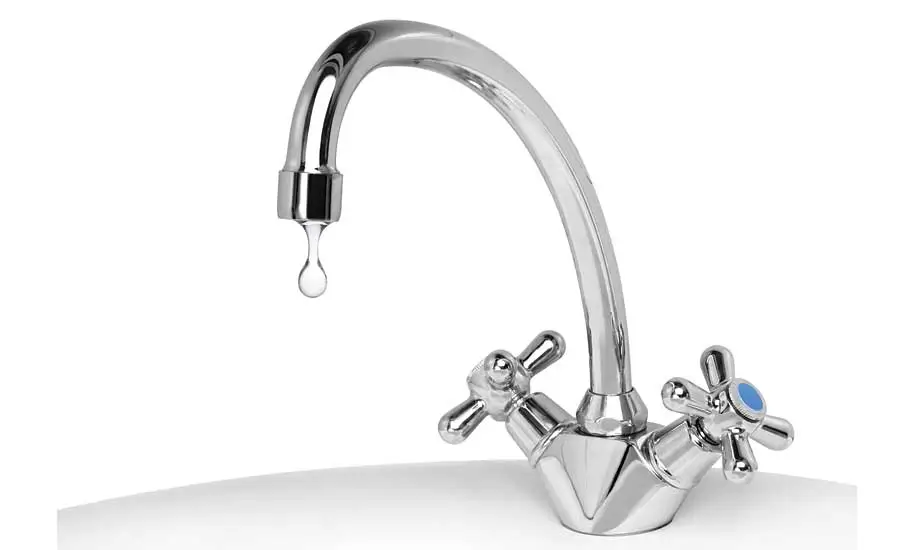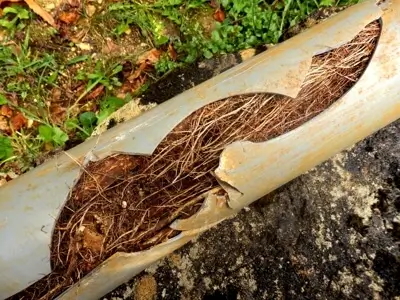Heat pumps are traditional heating systems that provide hot and cold air for many homes in Portland, Oregon. Despite being a normal part of most homes, homeowners get stuck wondering how a heat pump works in the winter.
In the summer, your heat pump takes the warm air from your house and releases it outside. It then takes cool outside air and redirects it into your home. This provides a cool and comfortable atmosphere that everyone in the house can enjoy.
Heat pumps work in cold weather differently than usual. This article discusses how heat pumps work in the winter, how to choose a heat pump for your home, and more.
What are Heat Pumps?
When looking for a heating system, homeowners should consider all their options before settling on a single solution.
A heat pump is an often-overlooked heating solution. However, it functions quite similarly to an air conditioner.
Air conditioners are designed to provide the home with ample heating and cooling. As a result, homeowners and their families can enjoy a cozy and comfortable atmosphere at home.
Most people assume that heat pumps can't function in cold weather, which is likely due to their name. However, heat pumps provide homes with both heating and cooling like air conditioners.
How Does a Heat Pump Work Exactly?
In colder climates, heat pumps pull heat from the outside air and transport it inside. Alternatively, in warmer climates, it draws the heat from inside the home and sends it outside.
A heat pump is powered by electricity, unlike furnaces that require fossil fuels or oils to operate. These options aren't as environmentally friendly and can even potentially harm the people in your home.
Since heat pumps have both a heating and cooling mode, it's an ideal choice for people who don't want to buy separate cooling and heating systems. Still, heat pumps aren't as efficient in providing heat in freezing temperatures.
To enhance your heat pump's capabilities, you can use an electric heat strip and strap it to the fan coil. This will assist the heat pump in creating hot air for your house.
Types of Heat Pumps
There are two common types of heat pumps: air-source heat pumps and ground-source heat pumps.
Air-Source Heat Pumps
This type of heat pump transfers heat between indoor and outdoor air. It's the most favored choice when it comes to home heating and cooling.
Ground-Source Heat Pumps
Also referred to as geothermal heat pumps, ground-source heat pumps transport the heat from the the ground into your home. These heat pumps are more expensive to buy and install. However, since ground temperatures are more consistent, they are often more efficient at providing heated air and have a lower running cost.
Water-Source Heat Pumps
Water-source heat pumps function similarly to air source heat pumps. However, instead of air, it uses water to absorb heat from the outdoors and bring it indoors. This kind of home comfort system is likely not accessible to everyone, but if you live close to a lake, well, or other natural water supply, this is a great choice to consider.
How Does a Heat Pump Work in Winter?
"How do heat pumps work in cold weather" is a question that many homeowners have when they first start using a heat pump. As mentioned earlier, it follows pretty much the same process as it does in the summer. The only difference is that now, the process is in reverse.
A heat pump has a closed-loop system that allows it to produce both cool air and hot air. In cold temperatures, the heat pump draws as much available heat from the outside and moves it into the house.
To give you a clearer visual:
Consider a bicycle pump that's adding pressure to the tires. When you release air from the tires, the air comes out cold. However, when you pump air into the tire, the air comes out a little warm.
A similar thing happens when heat pumps send warm air into a home or room.
Heat pumps contain working fluids called refrigerants that transition from liquid to gas and vice versa—-depending on the function it's meant to perform.
Heat causes the refrigerant to boil and form a low-pressure vapor. The vapor is then fed to the compressor where it's pressurized to yield higher temperatures.
The compressed vapor then travels to the heat exchanger, warming the air that goes through the exchanger blower.
When the refrigerant loses heat, it returns to its liquid state and is delivered to the heat exchanger to begin another heating cycle.
How Do Heat Pumps Work Below Freezing Temperatures?
Modern heat pumps have a heating efficiency of up to 400% in cold climates. This means it produces four times as much heat with the energy it consumes.
Naturally, heat pumps must work harder to provide substantial heat for your home when the temperature drops. Nevertheless, this doesn’t mean it’s unsuitable for below freezing temperatures.
Heat pumps have several features that help it withstand sub zero climates, such as:
Cold-Weather Refrigerants
As mentioned earlier, heat pumps contain chemicals called refrigerants that help with the heating and cooling process. Heat pumps that are designed for cold climates use a different type of refrigerant—one that has a much lower boiling point than the traditional liquid.
Low temperatures don't stop these refrigerants from operating in a system, allowing them to extract additional heat from chilly air.
Compressor Design
Manufacturers have significantly improved heat pump compressor designs over the past decades. Modern heat pumps are now equipped with variable heat pumps that allow the machine to adjust its speed when needed.
Traditional compressor designs were fixed-speed, meaning it could only turn on and off—which wasn’t always efficient.
The great thing about variable compressors is that they operate at a low percentage of their max speed in moderate weather and flop to higher speeds in more severe conditions.
These inverters use the appropriate amount of energy to maintain indoor temperatures rather than an all-or-nothing principle, like most traditional heat pump compressors.
Component Optimization
Other heat pump components have also undergone several upgrades and optimizations over the years. Modern heat pumps have reduced ambient airflow rates and increased compressor capacities.
Their compression cycle configuration has also faced a couple improvements.
These improvements can help reduce your energy bills and increase the comfortability of your home, even during frigid winters, when your heat pump is constantly running.
Common Winter Heat Pump Problems
A malfunctioning heat pump is no homeowner’s cup of tea. However, there are times when breakdowns are inevitable.
Here are some of the most common heat pump problems you can expect to encounter during the winter:
Draining Problems
When your heat pump’s drain is blocked, it can stop temporarily or permanently stop proper heating functions. If you notice any leaking or dripping coming from your heat pump, it’s likely that your unit has draining problems.
To prevent your heat pump drain from freezing over, make sure to elevate the heat pump. Place it on a steady surface that’s high enough to prevent snow, rain, and other elements from submerging your heat pump.
Remember to replace the filters regularly and keep the coils dry while you’re at it.
Covered in Ice
It’s normal for heat pumps to form a thin layer of ice on its coils during winter. This is why most modern heat pump units have been equipped with a defrosting mechanism to de-ice the system.
Unfortunately, if the ice extends outside the heat pump’s coils, covering the rest of the unit, the machine’s defrosting option might not be enough to melt the ice.
If this happens, contact an HVAC professional to solve the issue for you. Leaving your unit frozen for too long can result in expensive and possibly irreparable damages.
Blocked Coils
When the heat pump coils are blocked, it can cause condensation and moisture to gather around the coils. This increases the chances of the coils freezing during winter.
The heat pump requires sufficient airflow to collect heat from the air outside. Blocked coils can compromise your heat pump's overall efficiency.
To prevent dysfunctions and blockages, make sure to keep the outside area of your heat pump clear. Remove any items that could potentially prevent proper airflow.
If you notice anything wrong with your unit, don’t hesitate to contact a professional for a quick inspection.
Expert Heating and Cooling Solutions in Portland
Sunset Heating and Cooling Electrical have been in the industry for over a century. Our services and techniques are based on decades-worth of research and training. So, if you're in the market for reliable heating and cooling solutions, you can rely on our team's help.
We offer everything from heat pump repair to full HVAC system installations. Our technicians are skilled and trained in all the current methodologies and equipment to ensure our clients get nothing but the best services in the industry.
If you wish to learn more about what we offer, please feel free to reach out to our office today.
Call us at (503) 500-5866
We look forward to working with you!







